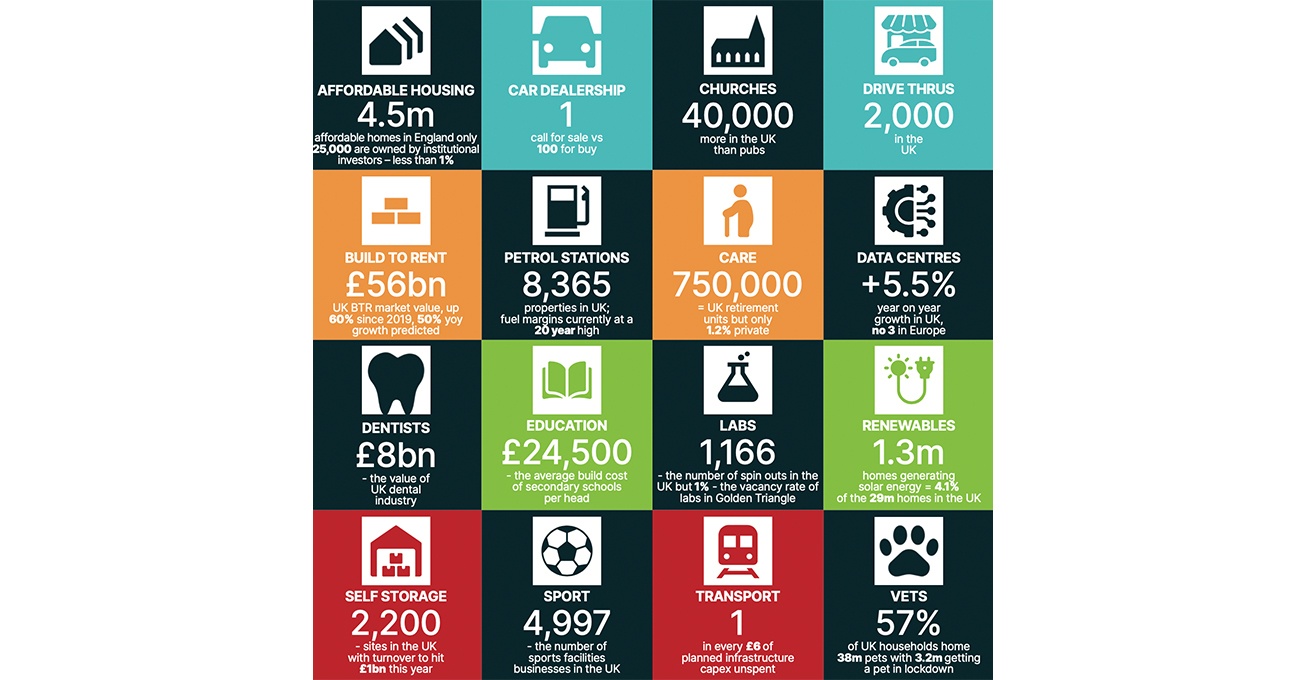Are you seeing any particularly active sectors in the region?
The East Midlands has a strong manufacturing heritage and that will continue to be a key driver of the region’s economy. However, over the past 15 years the region has been re-inventing itself on the back of a wide variety of sectors, and that diversity is a big part of its strength. Indeed, the economy is moving increasingly towards more specialised, high value-added sub-sectors. In particular, the region has witnessed the growth of life sciences businesses around Nottingham – Bio City Nottingham is the UK’s biggest biosciences incubator, an expansion of rail and transport technology companies in Derby and a vibrant, and R&D-rich, supply chain around the motorsport sector in Northamptonshire and the wider South East Midlands.
Where does the East Midlands sit versus the rest of the UK? Is it an appealing region to investors?
One of the East Midlands’ greatest strengths is its geographical location. Its position right in the middle of the country, proximity to major transport hubs and connections to London make it attractive for both national and overseas investors alike.
On top of this, an increasing number of sectors within the region are seeking to stand out by developing more specialised, niche offerings. It’s this level of specialisation which also makes the region attractive to investors.
What’s your outlook for the region in 2020?
It is of course difficult to predict too far into the future due to the ongoing uncertainty around whether, when and in exactly what form Brexit will occur. However, what we do know is that many businesses have tried to hedge again any negative impact of Brexit putting growth plans on hold until there is more clarity.
But beyond Brexit, we would predict 2020 to be another year of specialisation in the East Midlands. Plenty of businesses in the region have been investing time, money and effort in creating niches that intended to achieve and maintain competitive advantages in not only the next 12 months but also the years ahead.
How’s the overall health of the SME sector in the region?
Overall, Maven believes that the East Midlands SME sector is in good health. That said, we still believe there is even more potential which could be unleashed. The good news is that businesses and strategic partners across academia and the private sector are working hard to really capitalise on the successes East Midlands SMEs have had in recent years, and we are of course focused on channelling more of the right types of investment into the region.
Have you seen demand for funding change over the past year?
Demand for finance over the past year has been steady and whilst many established companies have adopted a ‘wait and see’ approach, there are many others who recognise that with a wide range of finance, and relatively low interest rates, the time is actually right for them to invest in their business by taking on external finance. In addition, we’ve certainly seen an increase in the number of high quality applications presented to the MEIF Debt Fund.
From our experience in the region, mainstream funders have adopted a fairly selective approach to supporting their SME customers. This has created opportunities for a myriad of ‘alternative’ funders with new funding models and an active finance broker community playing an important role in linking businesses and lenders together. Maven’s MEIF Debt Finance fund is an active player in this market.
Finally, we have also spotted a growing demand amongst overseas buyers who are trying to buy high quality, specialised East Midland’s businesses, and that activity is robust and likely to be long term. Indeed, the currency fluctuations associated with Brexit may well make British companies even more attracted to international buyers.







